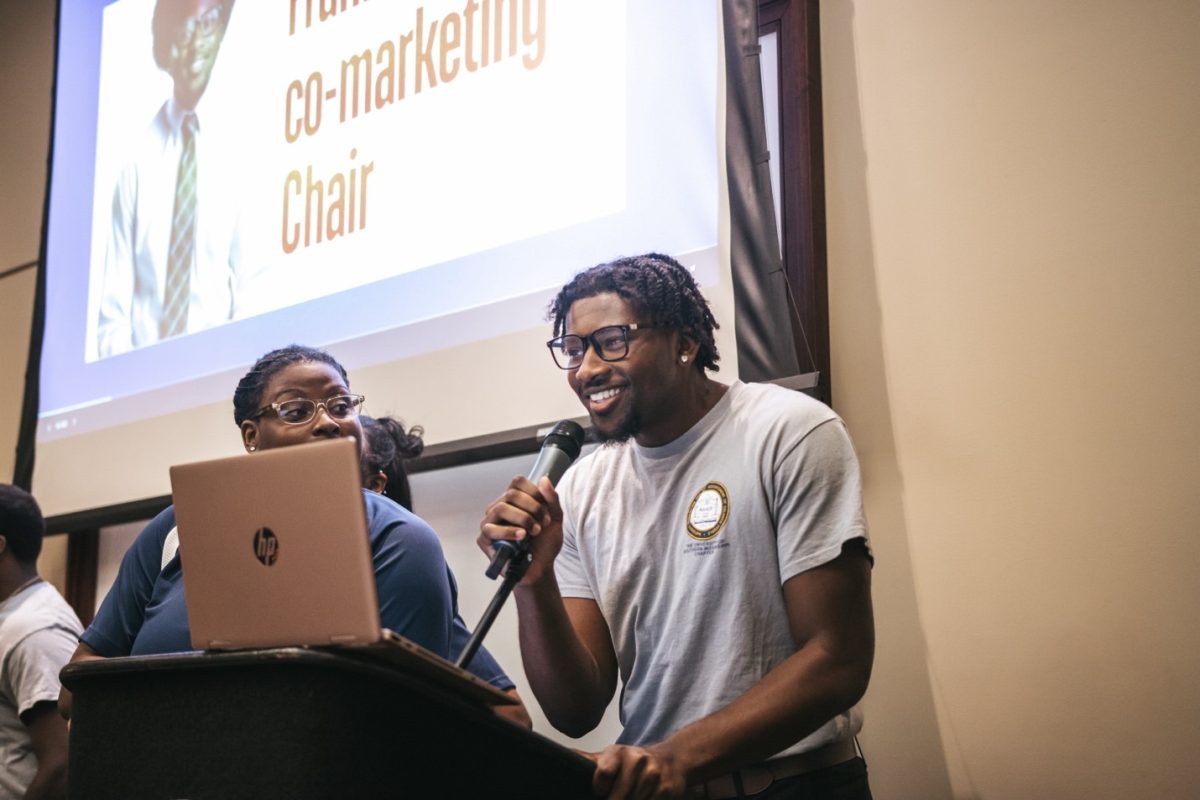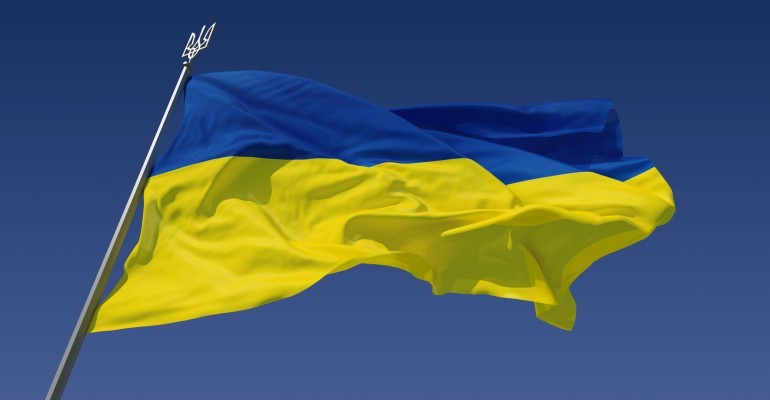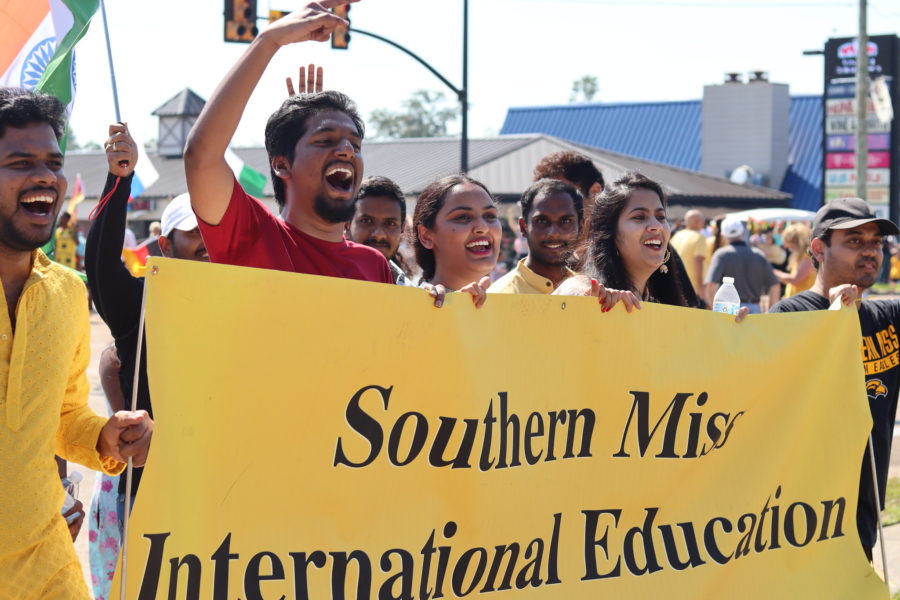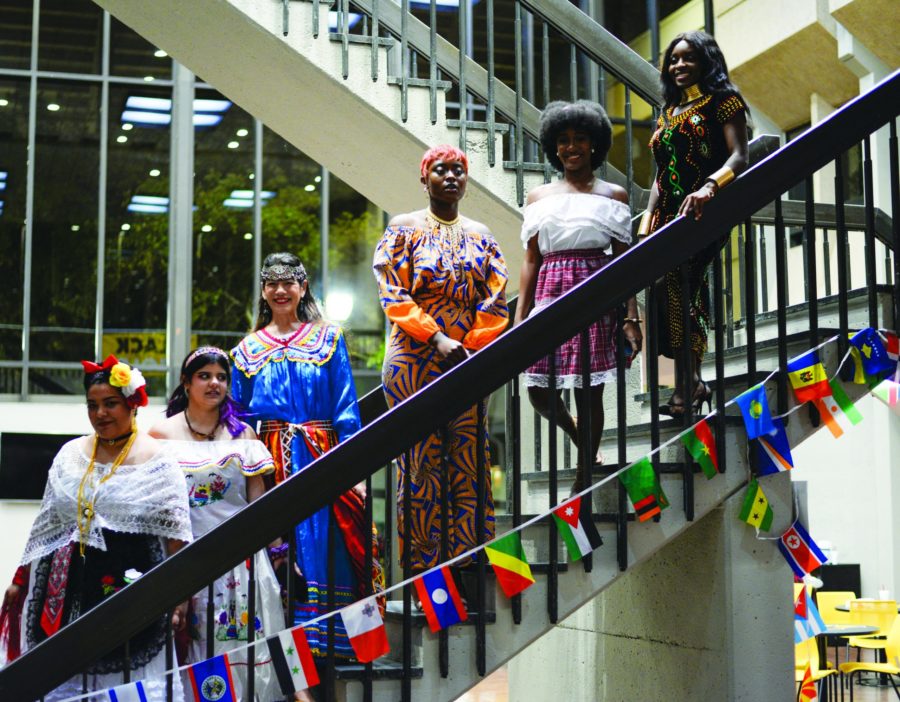When memes and gifs show up on a Facebook newsfeed, users get a laugh. The humorous media usually depicts a satirical take on everyday life events. Some examples are “first-world problems” memes or reaction gifs with sarcastic headlines.
Recently, these mediums, usually used for comedy, have been used to catch the eye of someone scrolling and deliver a very real message. On Twitter, they are focused on the current bloodbath ISIS is inflicting on Syria. These memes provoke the audience to consider why more people don’t care about the slaughter and why our attention is turned toward celebrities and infotainment rather than the threat in the Middle East.
Benjamin Lyons of Southern Illinois University made a presentation about the political influence of memes in social media at the annual meeting of the Midwest Association of Public Opinion Research.
“Political memes have recently risen as a popular form of online expression, blending humor, fact and opinion,” Lyons said in his presentation. “Memes may be a part of popular culture, but are also capable of elevating real political concerns. They can bring politics to wider audiences and put focus on otherwise overlooked topics.”
Lyons addressed the 20th century evolution of public opinion. The format of opinion grows and changes along with technology and social media platforms. In many cases, the use of gifs and memes is intended for bringing comedy to mundane observations, but now the influence has spread into elections, lawmaking and, in the case of Syria, foreign affairs.
The word “meme” originated from a book written by biologist Richard Dawkins in 1976. Dawkins defined the term as a unit of cultural transmission, or a unit of imitation and replication. Over time, the Internet adopted the term.
In 2013, Dawkins approved the new definition of his term. “The meaning is not that far away from the original,” Dawkins said. “A meme is anything that goes viral.”
It is no wonder then that memesarebeingusedpresently to get the word out about ISIS. The first step in combating the worldwide influence of ISIS is to understand what the organization is. Though memes do not give the entire story, they deliver enough information to provoke their audience to take a stance on the issue.
ISIS is short for the Islamic State in Iraq and Syria. The terrorist group seeks to seize and control massive chunks of land in the Middle East. ISIS was an ally of Osama bin Laden’s Al-Qaeda, and though the groups are similar, ISIS is bigger, more powerful and highly effective in controlling seized territory. As of Sept. 14, over 200,000 Syrian civilians have been brutally killed in the conflict, most of them mass shootings or beheadings.
Among those is American journalist Steven Sotloff. His beheading was videotaped and published on the Internet at the beginning of September. The video was titled “A Second Message to America.” Memes have adopted a still shot of Sotloff with a knife pressed against his neck as the
picture to the text. It cannot be overstated how important these modes of media are in spreading awareness of ISIS and the bloodshed in Syria. This is a group that beheaded an American after his mother publicly begged the militant group to release her son.
One of the most influential leaders of the Nation of Islam, Malcolm X, despite the positive or negative effects of his life, identified the power of having a voice in the media before the turn of the 21st century.
“The media is the most powerful entity on earth. They have the power to make the innocent guilty and to make the guilty innocent, and that’s power, because they control the minds of the masses,” he said.
We live in an age that depends on Facebook as a news source. In that context, consumers have the loudest voice. We cannot be fully informed by depending on social media outlets alone, but we can get a glimpse of what is currently happening in our world by paying attention to the underlying messages in memes, gifs and viral videos. If a political meme calls for attention, the step is researching the topic, verifying the information and then spreading the word. The situation occurring in Syria at the bloodstained hand of ISIS is a subject worthy of attention and calls for public involvement. Participation is possible just by clicking “Share.”


































